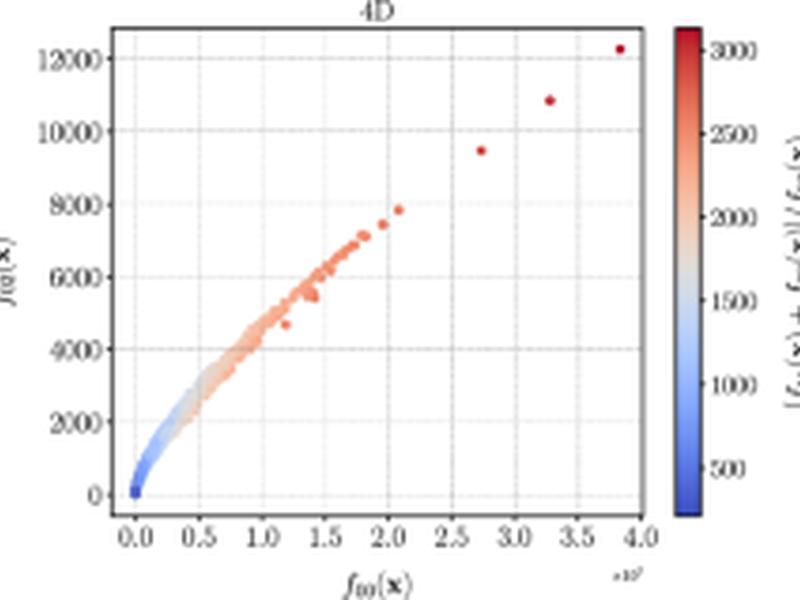This article discusses the use of machine learning regressors to reduce the computational burden of Monte Carlo simulations in particle physics experiments. The authors develop optimal training strategies and tune various regressors to achieve high-precision results, and also leverage symmetry arguments from particle physics to optimize performance. They find that boosted decision trees outperform neural networks at lower dimensions, while neural networks perform better at higher dimensions. This approach can significantly speed up simulations and reduce the training and storage burden for current and future collider experiments.

